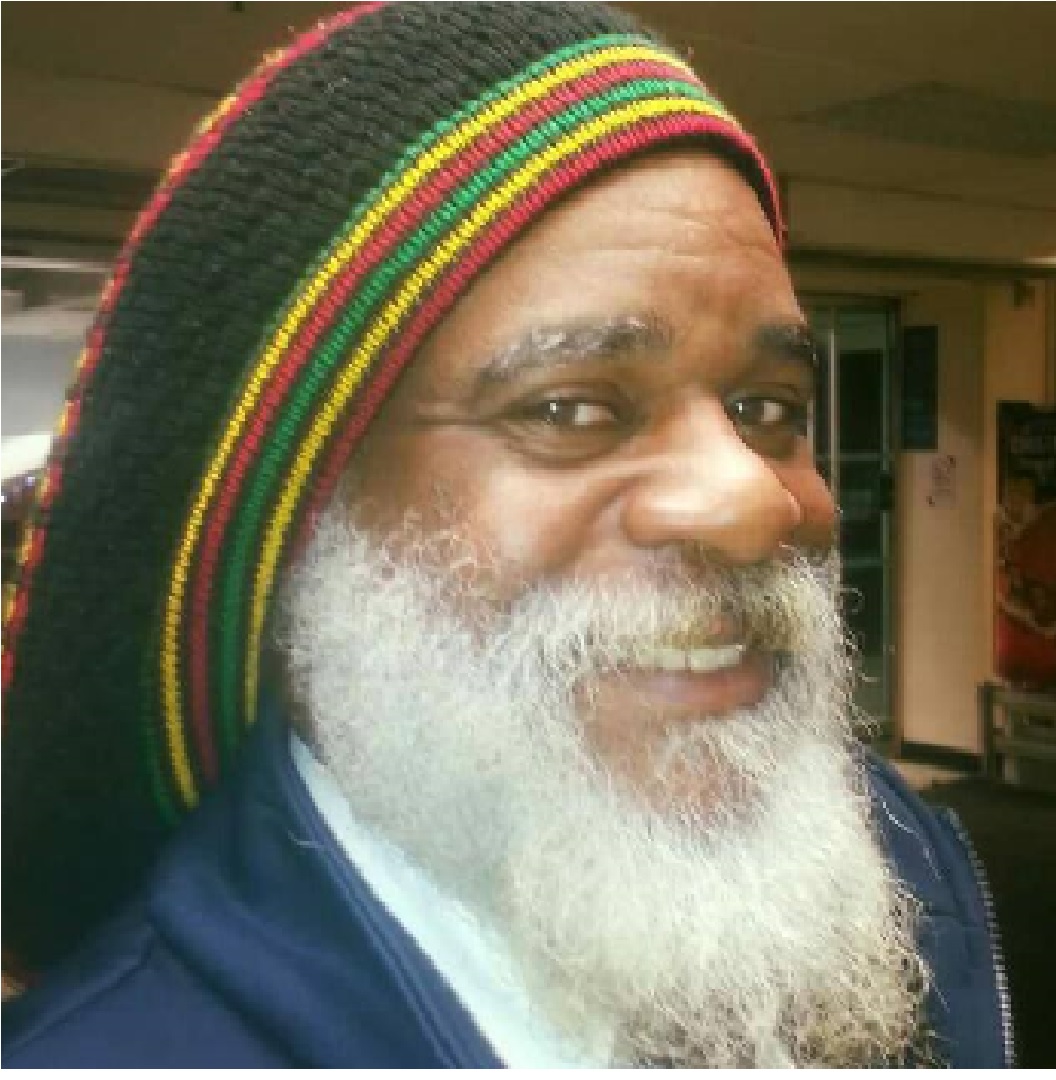Introduction
Hello again reader. Here is an update on my latest academic quest with the Open University (OU). Today, I present my findings, reflections and musings concerning my studies thus far on my journey of discovery of this fascinating discipline of Systems thinking and practice. This this the second installment of my series of blogs entitled, An inquiry into my systems practice for managing systemic change I began on October 22, 2017.
Prior to the commencement of my reading of the TU812- Managing systemic change: inquiry, action and interaction module material, all I knew about systems mapping was that it was a way of illustrating how various components of a ‘system,’ for instance, general practitioners within the National Health Service (NHS) related to the overall whole. I had been introduced to the concept in one or two previous module I have studied with the OU. Particularly, in T848- Managing Technological innovation of which technology road maps and system maps were a feature of managing technology within an innovative environment.
Specialised terminology
The field of systemic is inquiry is loaded with a host of ‘systemic qualifiers’ of which underscores the seriousness with which ‘systemic practitioners’ are embedded, and with which such terminology aptly defines their understanding of this highly specialised way of thinking. Indeed, Ray Ison, who I mentioned in my blog of October 23, who is one of the authors of the module’s study guide and author of the textbook, Systems Practice: How to act in situations of uncertainty and complexity in a climate-change world has introduced me a new way of looking at the world, and how the interconnectedness of things, people and places is the foundation on which this academic discipline rests.
Assuming that you, like me, have no prior knowledge of systemic thinking, the title of the course mentions, ‘systemic change’ and hints at ‘systemic enquiry’. Academics who are involved with systemic enquiry, are said to be conducting ‘systemic practice, or as mentioned above, ‘systemic practitioners’ When there is an obvious aberration from a desirable outcome,, it is said to have been a ‘system failure’. The course team make a distinction between ‘systemic’ and ‘systematic’.
Other terms that I found that unique to this way of thinking and that are introduced in part one of the study guide are: terms like ‘social learning systems’ and ‘systems of interest’ and so on. Terms and phrases like ‘praxis-based approach’, trajectory diagrams and ‘learning contracts’, are new to me.
It is the expectation of the course team, that my understanding of these concepts will grow as the module progress. No doubt, in 9 months time, when I revisit these blogs I will realise a growth in my understanding and appreciation of ‘system thinking philosophy.
Home-study/ distance learning module
TU812, is a long-distance, postgraduate module. It is an optional choice for a number of masters degrees. A feature of studying for a qualification with the OU module is the requirement to submit several tutor module assessments (TMA) and End-of-module Assessments (EMA) which are submitted electronically using the OU system’s ‘Online TMA/EMA Service.
Besides reading the module materials and submitting the assessments, there are usually Self Assessment Questions (SAQ) and a number of activities included for the student to check your learning against the module learning objectives. Activities such as Activity 1.8 below.

Figure 1.0 My trajectory into TU812
The diagram in figure 1.0 above seeks to show the developmental changes that affected my decision to enroll on this module, since this module is concerned with managing systemic change. The diagram also is used as a visual aid to assist the me (the student) to be aware of the influences on that decision and what I am hoping to achieve having studied the module.
Next time
In my next blog, I will delve more deeply into systemic thinking and the mindset of the systemic practitioner. In addition, I will explore how I can adapt my newly found learning to addressing my concerns for disaster recovery in islands in the Caribbean devastated by Hurricanes Irma and Maria this year.
References

